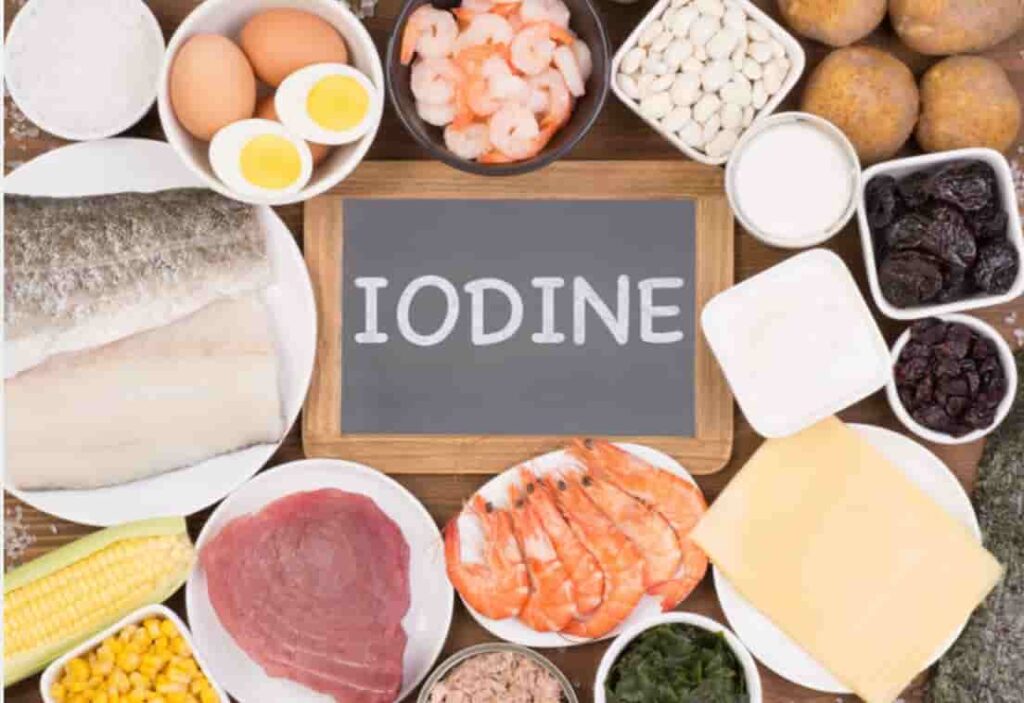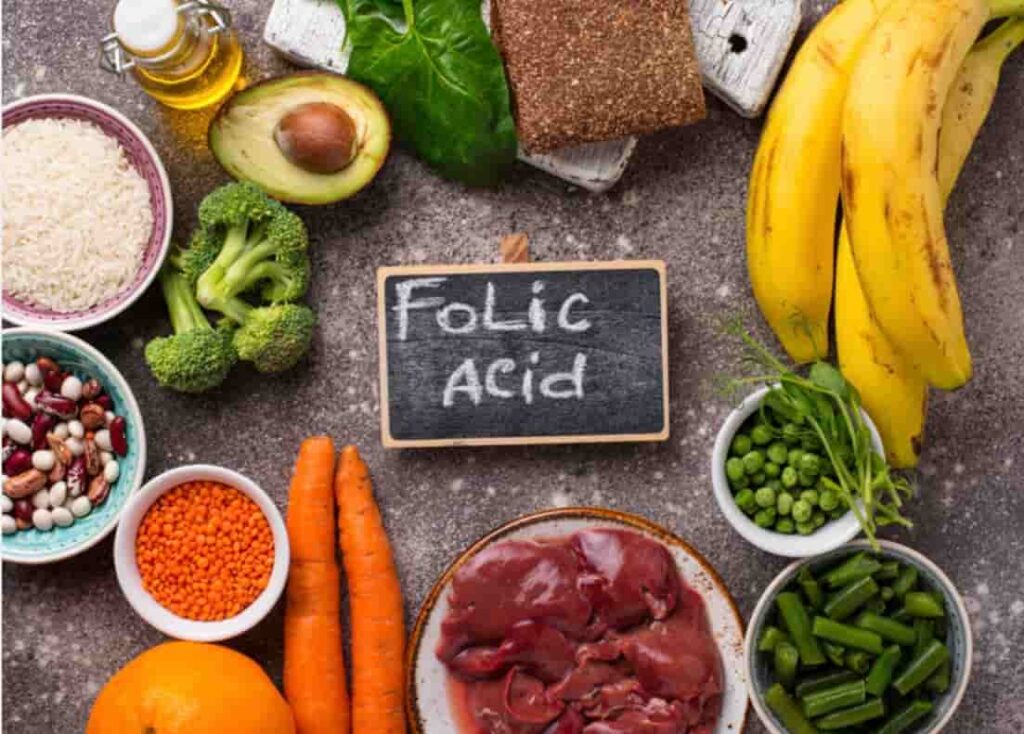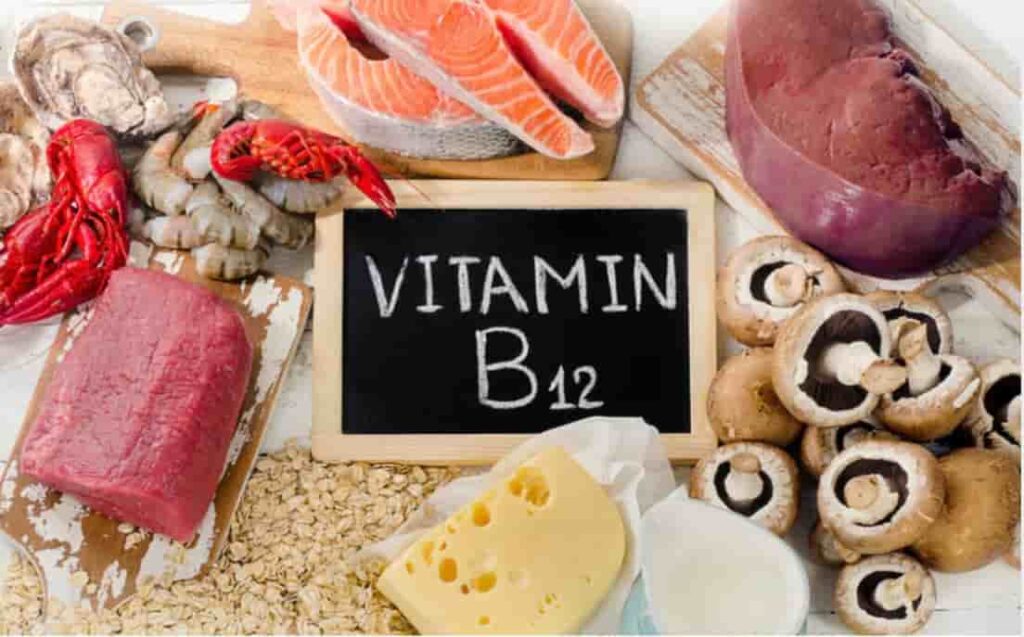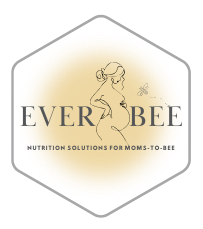Table of Contents
When it comes to nourishing your baby, there’s no question that breast milk is a powerhouse of nutrients. But did you know that as a breastfeeding mother, your body relies on specific vitamins and minerals during breastfeeding can help to produce milk rich in everything your baby needs to thrive? In this article, we’ll discuss the importance of four key nutrients—choline, iodine, folate, and vitamin B12—that play a pivotal role during breastfeeding. These nutrients don’t just support your little one’s development; they’re also essential for keeping your energy levels and mental well-being in top shape.
Why Are These Vitamins and Minerals During Breastfeeding Important?
Breastfeeding mothers experience an increased demand for specific nutrients to fuel their bodies and provide optimal nutrition to their babies. Vitamins and minerals during breastfeeding can get overlooked, even though during this time, you might have increased needs. Let’s take a closer look at these four powerhouse nutrients, explore how they benefit both you and your baby, and find out how to ensure you’re getting enough in your diet.
1. Choline: Brain and Nervous System Support for Baby

Choline
Choline is a lesser-known nutrient but an absolute game-changer for breastfeeding moms. This nutrient is vital for brain development, supporting cognitive functions, and protecting the nervous system.
Why It’s Important:
- Cognitive Development: Choline is crucial for your baby’s brain development, especially in the early stages. It supports memory function and the formation of new cells in the brain.
- Liver Health and Muscle Function: In mothers, choline helps prevent fatty liver and supports healthy muscle function, both of which are essential as your body recovers from pregnancy.
How to Get More Choline:
Foods rich in choline include eggs (especially the yolks), chicken, fish, and dairy. If you’re vegetarian or vegan, consider supplementing with choline or seeking out choline-fortified foods, as plant-based sources can sometimes be limited. The CDC provides suggestions on how to pick the best vitamin for you while you are breastfeeding. Speak with your provider before starting any supplement to ensure there is no risk to you or baby.
2. Iodine: Crucial for Baby’s Growth and Development

Iodine may not be the first nutrient that comes to mind, but it is a cornerstone for a baby’s physical and mental growth. A mother’s iodine intake directly impacts the iodine content in breast milk, making it a priority for breastfeeding moms.
Why It’s Important:
- Thyroid Health: Iodine supports thyroid hormone production, which is essential for both your and your baby’s metabolism and energy regulation.
- Cognitive Development: Iodine also supports brain development and overall growth in babies, preventing developmental delays.
How to Get More Iodine:
Good sources of iodine include iodized salt, seafood, dairy products, and eggs. If your diet is low in these foods, talk to your healthcare provider about an iodine supplement to ensure you and your baby receive adequate amounts.
3. Folate: Supporting Cell Growth and DNA Formation

You might be familiar with folate from your prenatal vitamins, but this nutrient remains vital even after pregnancy. Folate (and its synthetic counterpart, folic acid) continues to play a big role during breastfeeding, promoting healthy cell growth and aiding in DNA formation.
Why It’s Important:
- Cell Division and Growth: Folate is crucial for DNA synthesis and cell division, both of which are critical for your baby’s rapid growth and development in their early months.
- Mental Health Support: Folate also helps support the nervous system and can aid in preventing postpartum mood disorders, making it beneficial for both baby and mom.
How to Get More Folate:
Green leafy vegetables, legumes, and citrus fruits are all excellent sources of folate. Including these in your daily diet can boost your folate levels, and if necessary, you can talk to your doctor about additional supplementation.
4. Vitamin B12: Energy and Brain Health for Both Mom and Baby

Vitamin B12 is known for its role in energy production and nerve health. This vitamin becomes especially important if you’re breastfeeding, as B12 aids in red blood cell formation, DNA synthesis, and maintaining brain health.
Why It’s Important:
- Energy Production: B12 helps prevent fatigue, an all-too-common challenge for new moms. Ensuring adequate levels can keep you energized and mentally sharp.
- Nervous System Development: B12 supports the formation and maintenance of the nervous system, which is essential for your baby’s brain development and overall growth.
How to Get More Vitamin B12:
Animal products, such as meat, fish, eggs, and dairy, are the primary sources of B12. If you follow a plant-based diet, it’s wise to consider a B12 supplement, as plant-based sources are limited.
Practical Tips for Getting These Nutrients
Incorporating these vitamins and minerals into your diet doesn’t have to be complicated. Here are a few easy ways to boost your intake:
- Eggs and Avocado Toast: Enjoy eggs for breakfast (rich in choline, folate, and B12) on whole-grain toast topped with avocado.
- Smoothie Boosters: Add leafy greens for folate, Greek yogurt for iodine, and fortified plant milk for additional B12 to your morning smoothie.
- Snack on Nuts and Seeds: Walnuts and almonds are excellent for a quick choline boost and support your overall health.
- Include Seafood: Adding fish, especially salmon or sardines, to your diet provides iodine, B12, and choline.
Consider Supplements to Bridge Nutrient Gaps
Meeting all nutritional needs through food alone can be difficult for busy moms. Consult your healthcare provider about adding targeted supplements, particularly for nutrients like choline and B12, which may be lacking in plant-based diets.
Supplements should complement, not replace, a nutritious diet, especially during breastfeeding. Always check with your provider before starting any supplements, including multivitamins, to determine what’s best for you.
Conclusion
Meeting your body’s nutritional needs during breastfeeding is essential for your well-being and your baby’s health. Choline, iodine, folate, and vitamin B12 each play a unique role in promoting healthy growth, cognitive development, and overall wellness. These nutrients requirements are highest during breastfeeding, ensure you are meeting the recommended vitamins and minerals for breastfeeding needs for you and baby! Prioritizing these nutrients through a balanced diet—and supplements if needed—will support you through this exciting chapter and ensure your baby gets a strong start.
By taking care of your nutritional needs, you’re giving both yourself and your little one the best foundation for health and happiness. Breastfeeding is an incredible journey, and nourishing your body is the key to sustaining the energy, joy, and resilience it takes to enjoy each moment along the way. Please read more on postpartum support at Everbee Nutrition!
